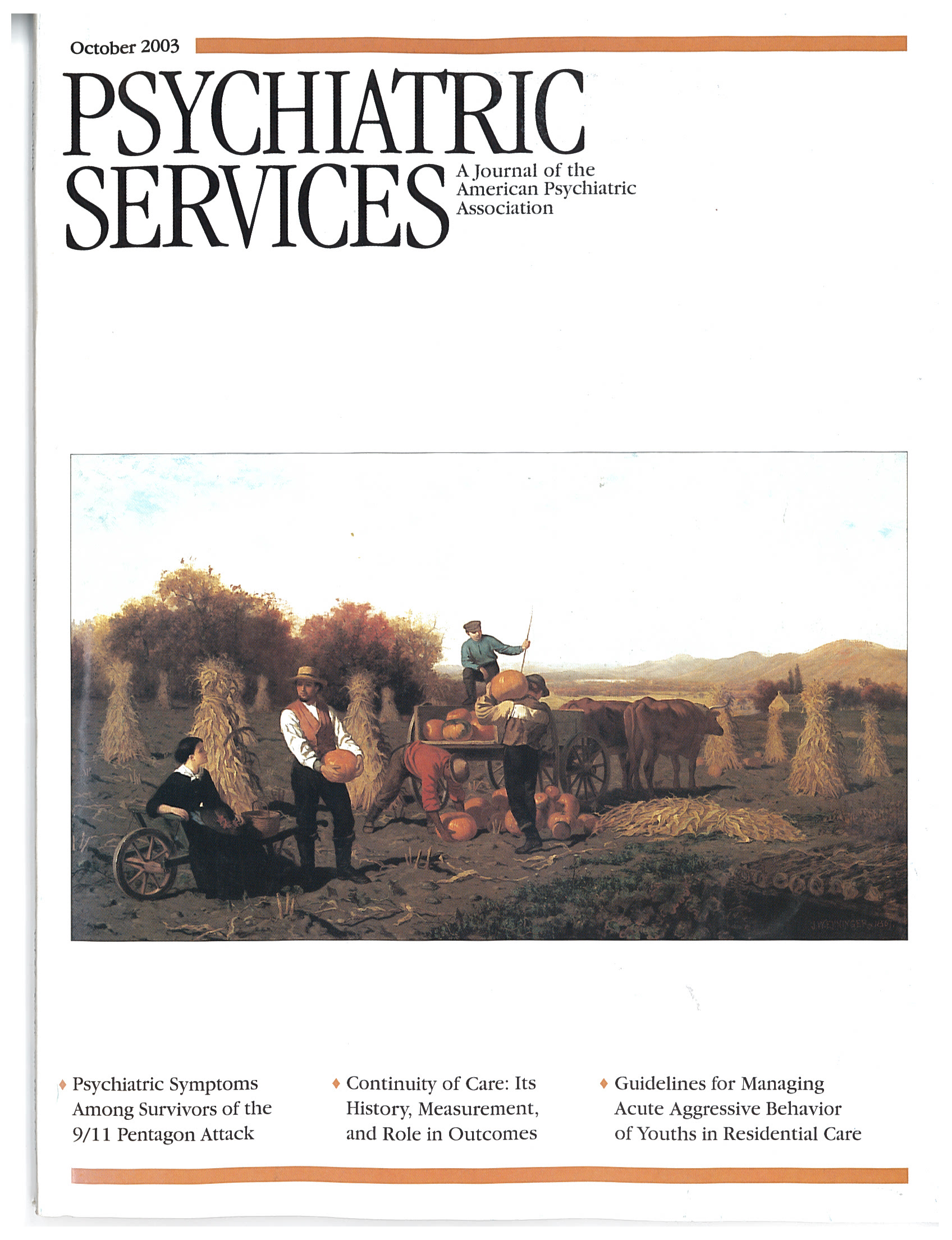Personal Accounts: A Crisis in My Mental History
Abstract
Introduction by the column editor: There are many well-known figures in history whose mental illness has been brought to light—Abraham Lincoln, Winston Churchill, Edgar Allen Poe, Ernest Hemingway, and Isaac Newton among them. And there are those whose accomplishments are extolled but whose mental illness largely is known only to scholars. One such person is the philosopher John Stuart Mill, best known as the author of On Liberty (1859) and The Subjection of Women (1869). Mill's autobiography was published in 1873, the year of his death, and included a section titled "A Crisis in My Mental History." This personal account, describing a major depressive episode that occurred about 177 years ago, is rich in content and is presented in this month's column as yet another example of the contributions made to mankind by persons with mental illnesses.John Stuart Mill was born in London on May 20, 1806, the eldest son of James Mill, a utilitarian who played a significant role in the intellectual, political, and economic life of Britain until his death in 1836 (1). James Mill spent four to five hours a day educating his son (1) in such a manner that "his emotions were starved, his artistic instincts and esthetic cravings were thwarted, and his feelings and sentiments were ignored or thrust aside" (2). The point of this education was to create a "creature of reason, a logical machine schooled in the stern discipline of rigorous analysis" (2). John Stuart Mill had no contact with peers and was responsible for tutoring his brothers and sisters (1,2). Apparently all went well until Mill reached the age of 20, when he had an episode of melancholic depression. Mill's account (3) of this episode, or crisis, follows.



